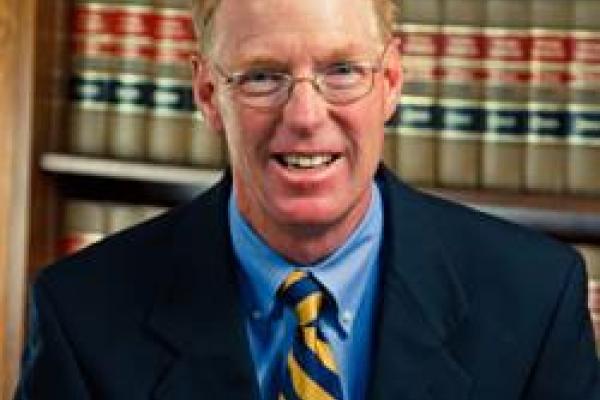
Abstract:
In the last two decades, the criminal justice systems of every state and the federal government have protected the right of crime victims to deliver a victim impact statement at sentencing. Yet while these reforms have proven popular with the public and politicians, legal academics remain skeptical. These critics have argued that victim impact statements have no proper role to play at sentencing and that they unduly inject emotion into what should be an objective decision about the appropriate sentence for a defendant. On this important issue, the critics are wrong and the public is right. Crime victims have a vital role to play throughout the criminal justice process, particularly at sentencing where judges need a wide range of information to determine the proper sentence for an already-convicted criminal. Moreover, criminal sentencing can never be a completely emotionless process. Even though victim impact statements may be emotional, crime victims provide vital information to judges about the harm caused by a defendant -- a critical component of the sentencing decision. By delivering victim impact statements, victims also regain some of the dignity that was taken from them by criminal offenders. Victim impact statements at sentencing are therefore a proper part of our nation's approach to criminal justice.
Lecturer:
The Honorable Paul G. Cassell is a Professor of Law at the S.J. Quinney College of Law at the University of Utah. Previously, he served as Federal District Court Judge for the District of Utah. Dr. Cassell graduated with honors in economics from Stanford University in 1981 and from Stanford Law School in 1984 receiving a J.D. While at Stanford, he was elected to the Order of the Coif and served as President of the Stanford Law Review. Upon graduation, Cassell served as a law clerk to then Judge Antonin Scalia and Chief Justice Warren E. Burger of the U.S. Supreme Court. In 1992, Dr. Cassell moved to Utah to teach at the University of Utah College of Law where he has taught a variety of classes, including Evidence, Criminal Procedure, Criminal Law, Appellate Advocacy and Crime Victims Rights. Cassell was nominated for the U.S. District Court for the District of Utah on June 20, 2001. On May 13, 2002, the Senate confirmed Judge Cassell. He served for five and a half years and was appointed to Chair the Judicial Conference's Criminal Law Committee. In November 2007, Judge Cassell resigned his judicial position to return to teaching at the University of Utah and to pursue pro bono crime victims' litigation and advocacy with the National Crime Victims' Law Institute.
Barrister Club, part of the Moritz College of Law
